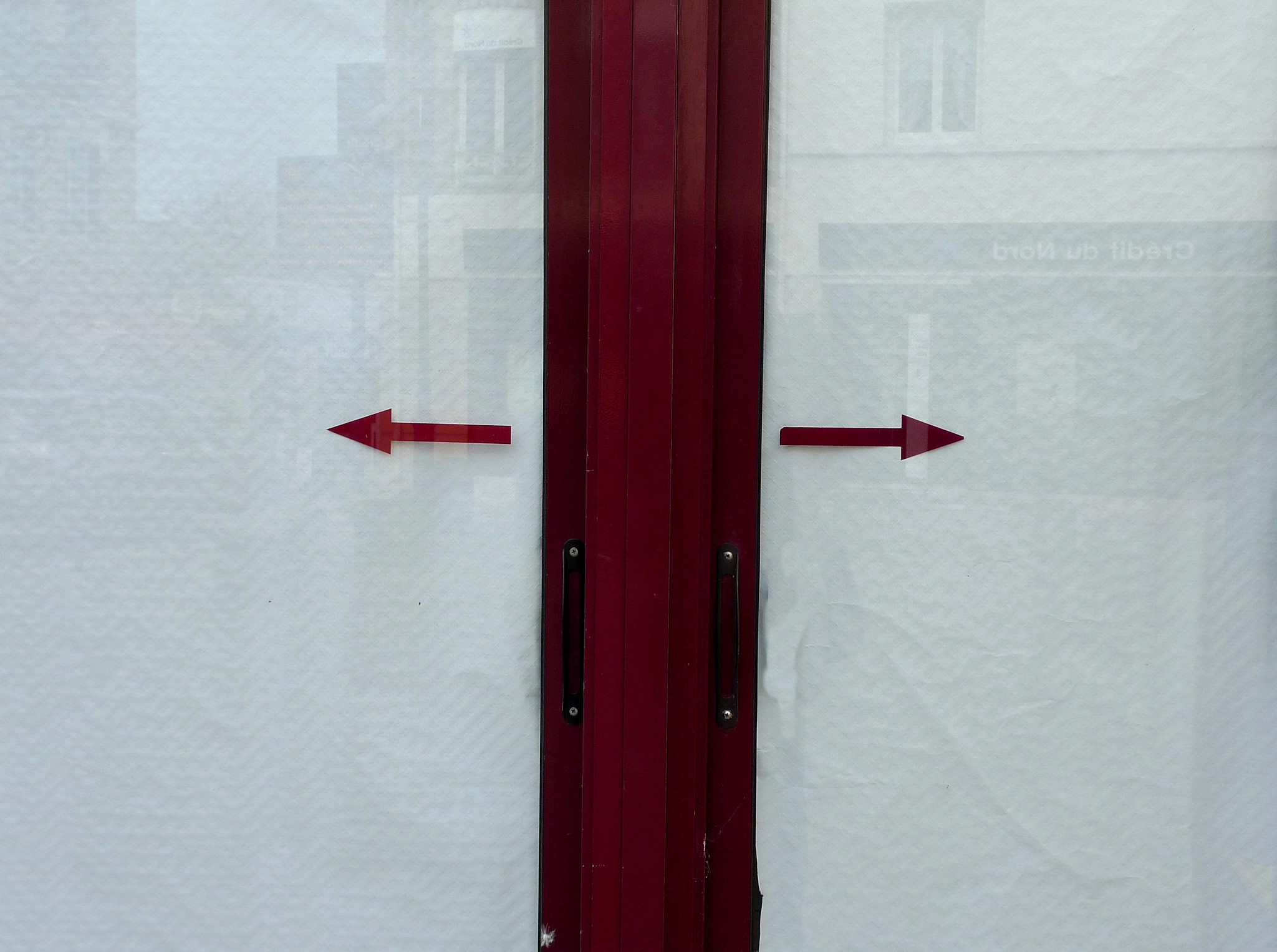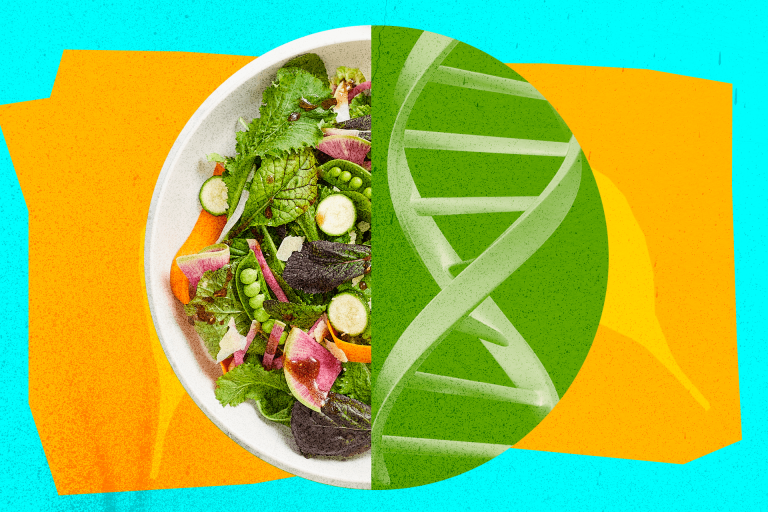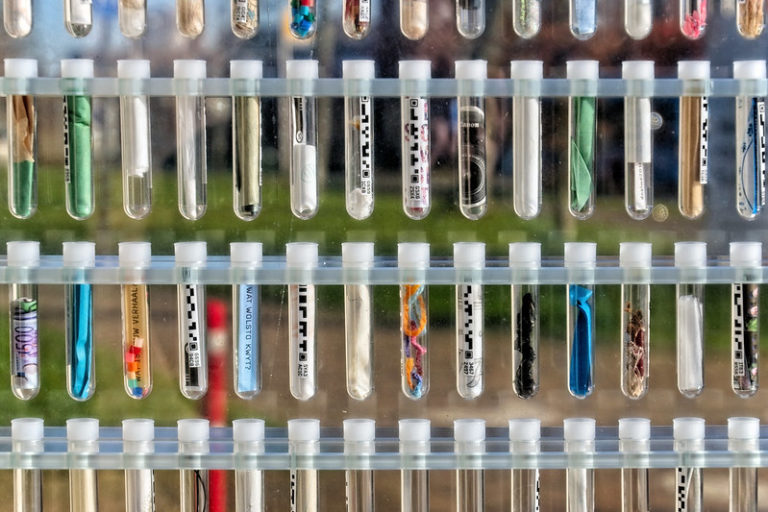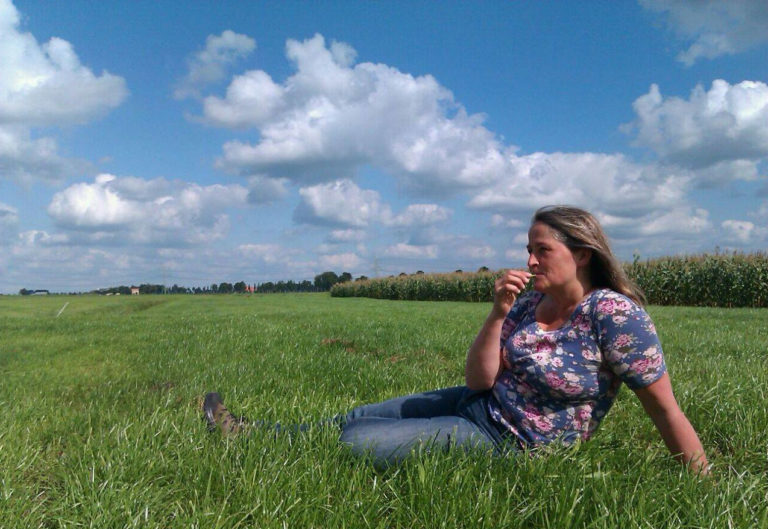News
The dilemma faced by certain seed companies in relation to intellectual property rights
Des multinationales de la semence aux petits semenciers traditionnels, le rapport aux droits de propriété intellectuelle sur les végétaux varie. Le sujet des OGM/NTG brevetables exacerbe la question en Europe et fait émerger divergences et ambiguïtés chez certains acteurs de la filière semencière.

The wave of GMOs/NGTs (new genomic techniques) is promised by US and European multinationals, and promoted by the European Commission and agricultural lobbies. But it also raises intellectual property issues for some « intermediate » seed companies. These GMOs/NGTs are in fact protected by patents with a potentially very broad scope, which can have an impact on the activities of such seed companies (as well as those of farmers and peasants) [1]. What position should these seed companies therefore adopt ?
Heterogeneous positions in Europe
The pre-eminence of patents in the field of plants is perceived by some seed players as a source of tension : reconciling patent protection and access to genetic material in plant improvement. This is particularly true of the German association of plant breeders, the BDP (Bundesverband Deutscher Pflanzenzüchter e. V.). In January 2023, it called for regulations restricting the patentability of « natural biological material ». Also representing the seed multinationals, the BDP concedes that setting up licensing platforms on patents owned in large part by the said multinationals is a solution for all seed companies to gain access to GMO/NGT technologies [2]. Plantum, the representative of Dutch seed companies, is broadly adopting the same position on platforms. In September 2023, however, it expressed its « concern » about the growing number of patents arising from NGTs : « it is very important to resume the discussion on the operation of patent law in the field of plant breeding » [3]. These two organisations are still trying to find a way to satisfy all their members and their various intellectual property policies.
Austrian seed companies also fear that the increase in the number of patents will make breeding more difficult for small and medium-sized breeders. They also put the respective roles of patents and PVRs (Plant variety rights) into perspective : « variety protection should be the first right of protection in plant breeding » [4]. They point out that patents protect biotechnological inventions on plants and only complement the protection of varieties. The Austrian organisation continues : « It must be guaranteed in a legally binding manner that the biological material of plants, which exists or could exist in nature (e.g. by point mutation) or which results from selection, cannot be patented ».
The heterogeneity of positions in Europe on this subject is illustrated in particular by those of the Czech seed companies, the CMSSA (Czech Seed Trade Association), and Euroseeds (representing European seed companies), of which the CMSSA is a member. On 27 March 2023, the CMSSA stated that it considered that « if NGTs are no longer considered GMOs, which it agrees with, they must be clearly labeled as methods derived from nature, i.e. natural methods. And it must be clearly stated that products derived from these methods cannot be patented » [5]. For its part, in a statement dated 15 October 2023, Euroseeds echoed the European Commission’s position : « the 1991 UPOV Convention is the sui generis existing intellectual property system most appropriate for the protection of plant varieties », « other specific forms of intellectual property protection, such as patents for biotechnological inventions, as provided for in EU Directive 98/44, must co-exist with the current system of plant variety protection ». According to Euroseeds, GMOs/NGTs are therefore GMOs and patentable.
Plant Variety Rights and patents
Plant Variety Rights (PVR) cover new plant varieties, offering their breeder exclusive rights to market them. This concerns the visible aspects of the variety, such as its shape or characteristics such as resistance to transport. Registration offices such as UPOV (Union for the Protection of New Varieties of Plants) also use molecular markers to characterise varieties at the level of their genes.
Patents are granted for a wider range of inventions, including genetically modified varieties. They grant a temporary exploitation monopoly in exchange for public disclosure of the invention. The claimed invention – for example, a genetic modification process – cannot be exploited without the consent of the patent holder. Patents are granted for new inventions, involving an inventive step and industrial applicability.
French seed companies cultivate contradiction
At a meeting on the premises of Semae (interprofessional association for seeds and seedlings) in Februray 2023, the French seed companies RAGT and Florimond Desprez took a reserved and distanced position on patents for GMOs/NGTs [6]. On 18 October 2023, during a round table discussion at the French National Assembly, the UFS (Union Française des Semenciers) confirmed this position through the voice of Laurent Guerreiro, who is also Chairman of the Board of RAGT : « the position of our association consists of saying that since we want the plant variety certificate to remain the primary form of protection, we do not want to see a prevalence of patents for NGTs » [7]. This concern on the part of the UFS perhaps points to the fact that patents on GMOs/NGTs with a very broad scope could have an impact on the variety industry and restrict innovation.
At the same round table, Laurent Guerreiro added : « We are hoping for the fastest possible access to a large number of technologies, including ’new breeding techniques’ [Editor’s note : NBT, another term for GMOs/NGTs], which should enable the breeding and development world to shorten selection times even further, to accumulate resistance criteria more easily and therefore to obtain much more resilient varieties in the future ».
There is a contradiction in Laurent Guerreiro’s statements, or at least a difficulty in reconciling them. Access to a large number of GMOs/NGTs is theoretically possible, provided that they are developed and that a return on investment can be envisaged by their owners. But to do this, a large number of patents will have to be filed on these NBTs. But this does not seem to be what the Union Française des Semenciers (UFS) wants.
On 29 November 2023, the UFS gave us its official position, which confirms that of 15 October, albeit with a shift in emphasis. The fear of the prevalence of patents is no longer put forward. Instead, the UFS speaks of the « coexistence » of the patent and PVC systems and of the « dynamics of varietal innovation ». Among the five principles proposed by the UFS (see box), the representative of the French seed industry even calls for « respecting the scope of patents », including those relating to GMOs/NGTs insofar as they do not cover native traits, i.e. those already present in nature. The UFS refers here to the « disclaimer » principle, which the European Patent Office has introduced to artificially exclude unpatentable elements from patent claims. The UFS also calls for « supporting transparency of information on patented features and their access between companies on fair, reasonable and non-discriminatory terms ». But this reference to transparency raises the question of the risk of GMO/NGT traceability, which concerns small seed companies, farmers and peasants, and therefore the inability for them to distinguish patented plants from natural varieties or those resulting from traditional selections. This could allow a few multinationals, including Corteva, Bayer/Monsanto, BASF and Syngenta, which own the main patents on key traits in agricultural plants, to restrict the use of seeds by these « small players ». This situation could lead to these companies controlling crops and food in Europe.
But, as we have just learned, the European Parliament’s Agriculture Committee has just unanimously stressed the need to resolve these patent issues. By finally proposing a system that respects « small players », or a new stratagem in fine that is benevolent to the seed multinationals ?
The UFS clarifies its position
UFS’s 5 fundamental principles for « guaranteeing coexistence, and maintaining the dynamics of varietal innovation » :
- Support the implementation at European level of the breeder’s exemption principle with regard to patents. The UFS is committed to maintaining access to the genetic background and patented traits of a variety for breeding purposes, as permitted by the breeder’s exemption under French law. The UFS supports the legislative implementation of this principle in every member state of the European Union and in those of the European Patent Convention (39 countries).
- Affirm the non-patentability of conventional breeding methods. French and European patent law have long excluded conventional selection methods from the scope of patentability. These methods, referred to as « essentially biological processes », include crossing.
- Affirm the non-patentability of native traits and those created by random mutagenesis. The UFS has always supported the exclusion from patentability of traits derived from existing and spontaneous natural variability. This exclusion is now enshrined in European law. In addition, although patent law permits it, the UFS considers that plants obtained by random mutagenesis should be excluded from the scope of patentability.
- Respect the scope of patents. As NGTs enable the creation of mutations that could also exist spontaneously, it is important that patents on NGT-mutated traits should not cover equivalent native traits. In this sense, the UFS supports the decision of the European Patent Office, which imposes a « disclaimer » clause in every patent, to ensure that native characters, equivalent to the patented character, which pre-exist or could potentially appear spontaneously, are not covered by these patents. The UFS considers this exclusion clause to be an essential device for limiting the scope of a patent, enabling breeders to work with plant genetic resources.
- Support transparency of information on patented traits and access to them between companies on fair, reasonable and non-discriminatory terms. Patent protection must be fully transparent, so that all seed companies are aware of the presence of a patented trait in marketed varieties. The UFS encourages all initiatives aimed at improving the transparency, completeness and dissemination of information, such as, for example, the PINTO database, accompanying measures for SMEs or non-exclusive access to patented innovations (as proposed, for example, by license-sharing platforms).
[1] , « Brevet & OGM : le système alimentaire sous contrôle », Inf’OGM, 10 janvier 2023.
[2] Membres de la fédération allemande des obtenteurs de plantes.
, « Des semenciers dénoncent les brevets, mais… », Inf’OGM, 21 mars 2023.
[3] Plantum, « Propriété intellectuelle », septembre 2023.
[4] Saatgut Austria (Semences Autriche), « Protection des variétés et des brevets ».
[5] CMSSA, « CMSSA opinion on new genomic techniques », 27 mars 2023.
[6] , « Des semenciers dénoncent les brevets, mais… », Inf’OGM, 21 mars 2023.
[7] Assemblée nationale, « Compte rendu de réunion n° 19 – Commission d’enquête sur les causes de l’incapacité de la France à atteindre les objectifs des plans successifs de maîtrise des impacts des produits phytosanitaires sur la santé humaine et environnementale et notamment sur les conditions de l’exercice des missions des autorités publiques en charge de la sécurité sanitaire », 18 octobre 2023.
[8] , « OEB : les nouveaux OGM peuvent être différenciés », Inf’OGM, 17 décembre 2020.














